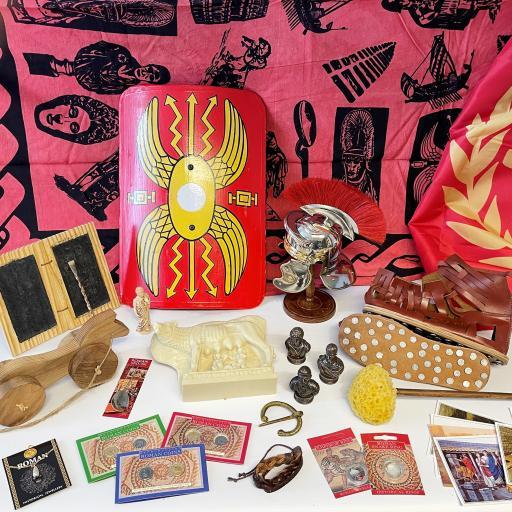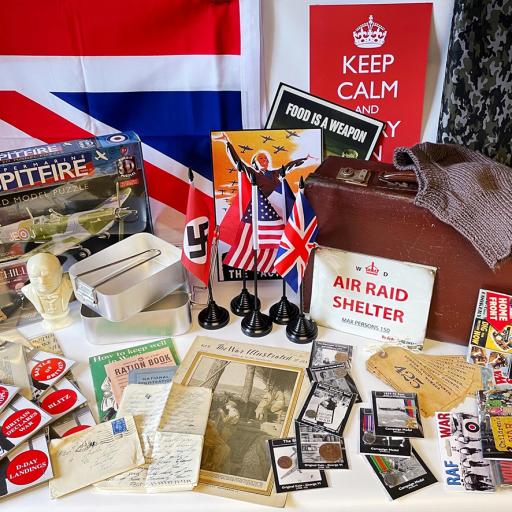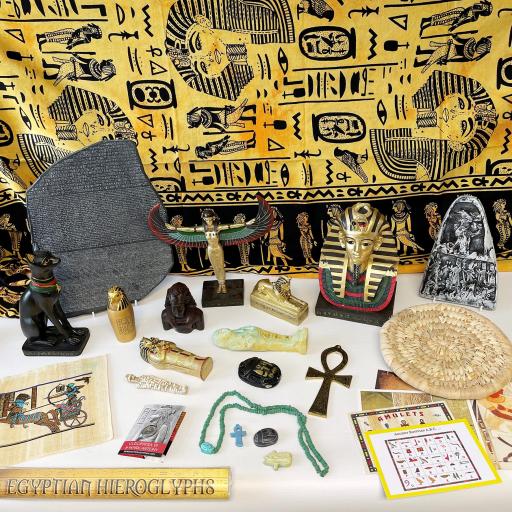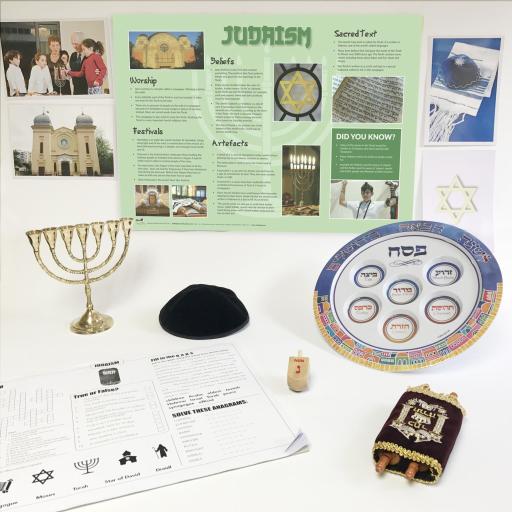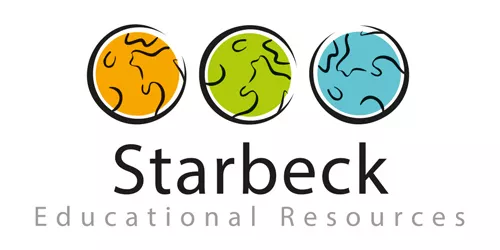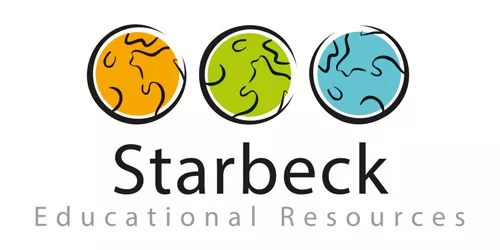Why use artefacts to teach?
The physical aspect of holding, touching and feeling artefacts is a unique experience. The curiosity that comes with handling objects will give a sense of wonderment, develop questioning, problem solving and triggers the imagination of pupils, which inevitably leads to further discussion. For children, objects provide a fascinating insight into the past and allow them to develop a deeper historical understanding. Objects also bring to life concepts such as change and continuity. It is important to handle religious artefacts such as crosses, books, clothing and religious symbols with care, and to treat them with respect.
What is the purpose of handling artefacts?
Have you ever watched the puzzled but inquisitive look on a young pupils face when they pick up a flint arrow head from the stone age period, or a sponge on stick from the Roman era? The debate usually ensues of “what animals did Stone Age people kill with such a weapon?”, or “who was the cleanest, us or the Romans?”. This can lead to further discussions on sustainability and recycling. Engagement is influential if you regale a story behind it. Making comparisons to today’s objects works too, as it enables students to compare, connect and relate the past to the present.
Is there any advice for teaching with artefacts?
Some enquiring questions that can be used to pique the imagination of pupils could be:
What does the artefact feel, smell and sound like? What shape is it? What is it made of? What is it made of? What is its purpose? What was it used for? Is it complete or part of other items? How do you think it’s been made? Is it attractive to look at? Why was this material chosen? Who might have made it? How is it put together? What skills were needed to use it? Has its use changed over time?
Think of activities that could engage the whole class. I.E, for teaching the Romans, ask the pupils to design and paint their own Roman shield, then perform the testudo (or tortoise) formation. Or for teaching WW1 and WW2, use flags or hats to depict countries involved in the conflict.
Compare artefacts from today and to items from the past to see how skills, materials and methods might have changed (or not, as the case may be).
Select objects from your own life - what does this object say about you? Put together a time capsule of your own life & culture, or a box that that you might send to a school in another country to portray yourself.
Role play. Dress up and use artefacts to replicate a day in the life of a particular period in history. What would you do? Where would you go? What were the different tasks undertaken by males and females of the era in question?
Where can I buy replica artefacts from periods in history and what are the best artefacts to use?
Here at Starbeck Education, we offer a unique, inexpensive and exciting art, RE and cultural artefacts. Our unbeatable history collection starts at the Stone Age and goes right through to the 20th century. We offer an unrivalled range of multicultural artefacts including masks, textiles, musical instruments, pottery, carvings, utensils, clothes etc. Our nationwide reputation for good service, great value and diverse range, gives customers assurity and satisfaction that cannot be matched.
There is no right or wrong answer as to what artefacts to use in teaching. Our boxes offer an array of products from many subject areas, but Individual items can also be purchased separately. We find that weaponry, (shields, helmets, arrow heads, armory) coins and jewelry are usually a good starting point, as children seem fascinated with the battle element of history. “Day in a life” items are also an excellent way to help children understand what an average day would be like for the particular period of study.
We work with numerous history workshops throught the UK, who seek to inspire young minds with hands on and practical resources and promote enquiry based learning which help young people express their ideas. Look on our 'Workshops' section on our homepage to see a selection of our partners.
